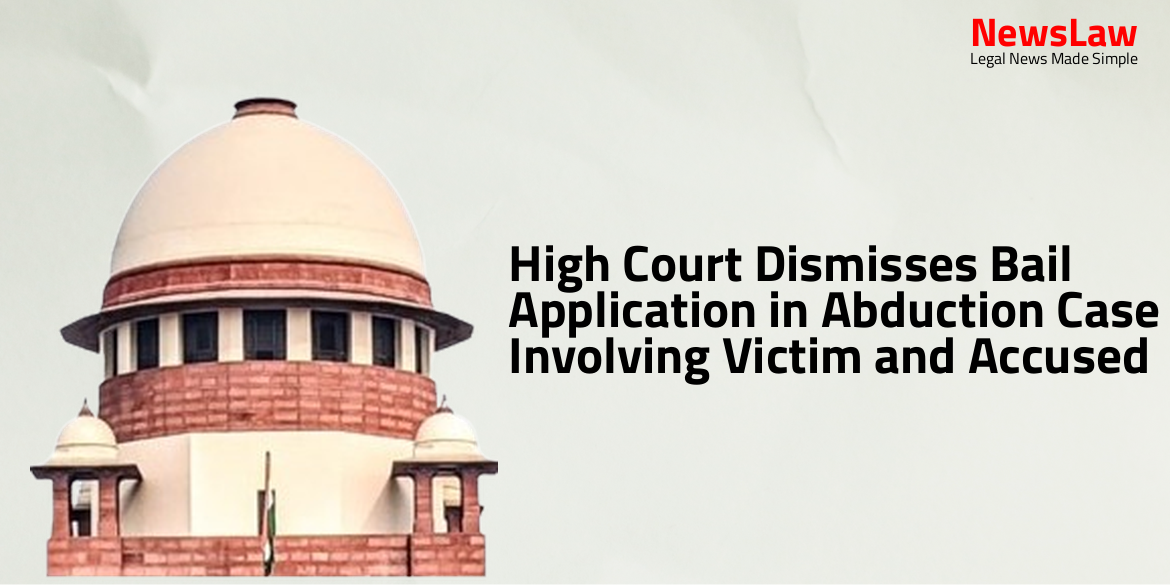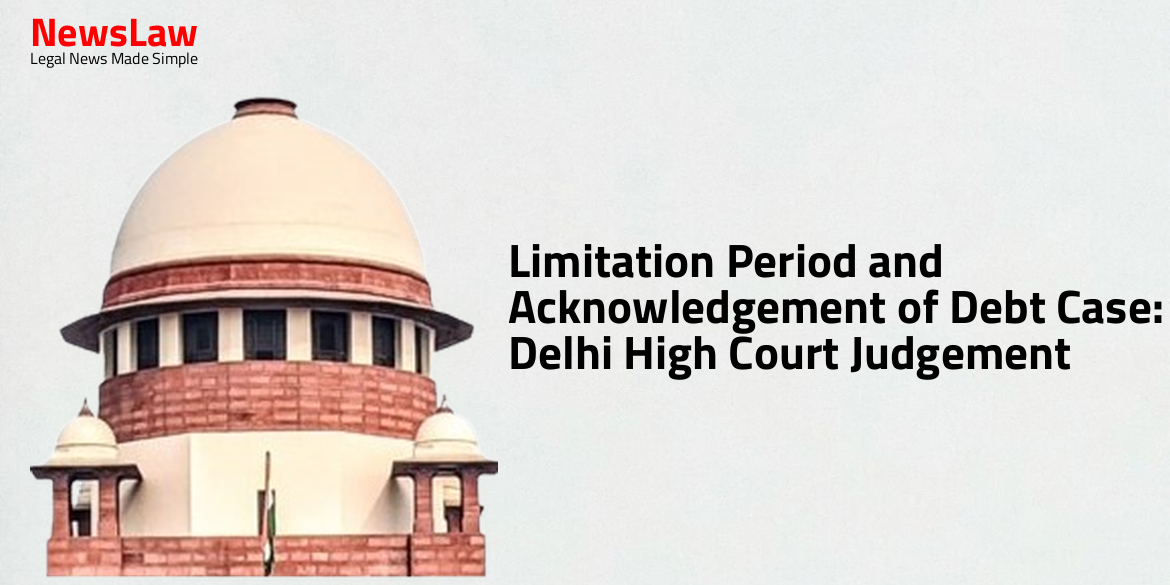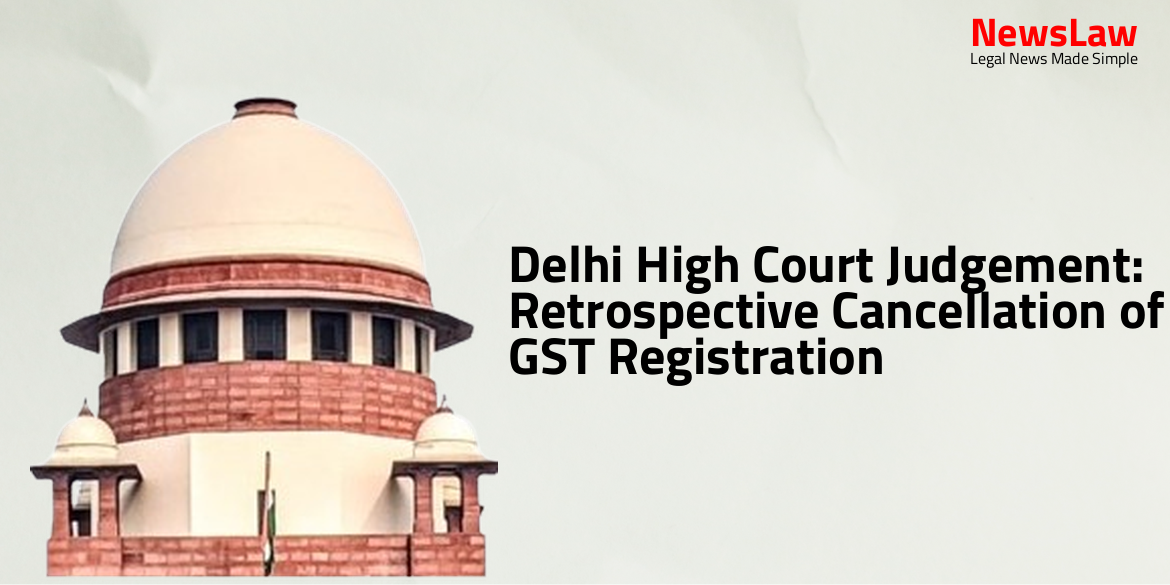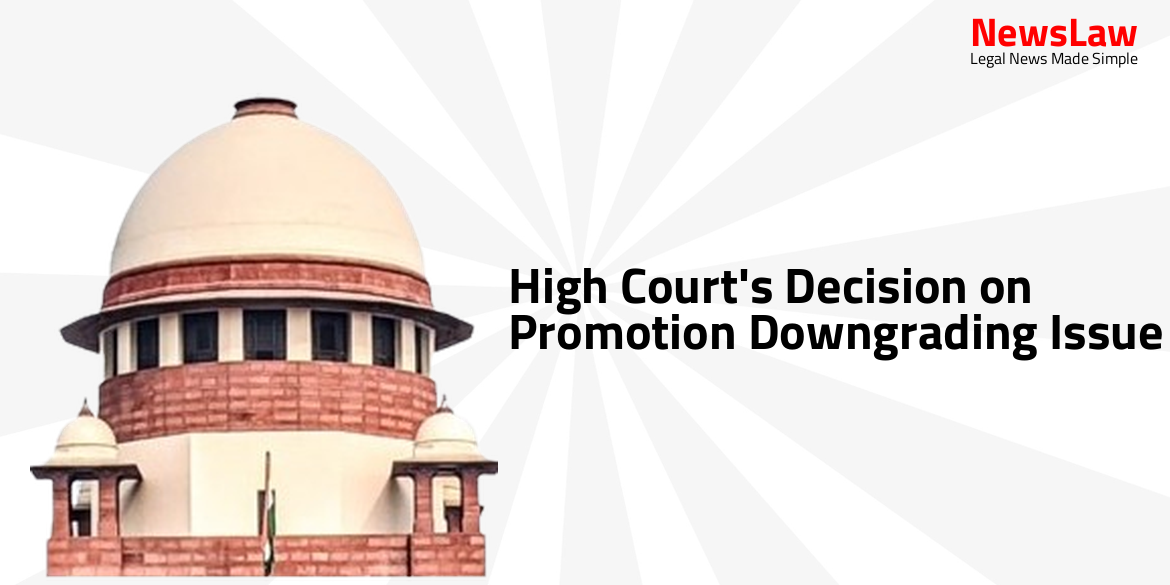In a recent judgment, the Delhi High Court has ruled on the bail application related to an abduction case where the victim and the accused are central figures. The Court’s decision underscores the seriousness of the allegations and emphasizes the importance of recording evidence from key witnesses. This case sheds light on the complexities of the legal system and the need for a fair and thorough trial process.
Facts
- The FIR was registered based on the complaint filed by the victim’s mother.
- The car used in the abduction was seized at the direction of the accused.
- A demand of ₹50,000 was made by the applicant and his associates during phone calls.
- Chargesheet was filed against the applicant under Sections 365/364A/323/34 of the IPC.
- The victim was located through technical surveillance and found injured in the custody of the applicant and co-accused.
- The applicant and two other accused were arrested on the same day as the abduction.
- Incidents of phone calls made by the victim where cries for help were heard were noted during investigation.
- Accused attempted to flee but were apprehended by the police on the scene.
- Bamboo sticks used in the crime were recovered from the seized car.
- The victim was taken from his bakery shop by the applicant and friends on 27.04.2022 around 8 PM.
Arguments
- The applicant’s counsel argued that the applicant has been falsely implicated and the case may be a result of seeking revenge for an assault on his mother by the victim’s brother.
- The victim has given a statement supporting the prosecution’s case, and the offence under Section 364A of the IPC carries a severe punishment.
- The victim is yet to be examined, and there are concerns that the applicant may try to influence or threaten the victim if granted bail.
- The chargesheet has been filed, and the applicant’s custody may not serve any further purpose as the matter is not related to abduction or ransom.
- The offence alleged is heinous, but the transcript of the alleged call recording suggests that the demand was made by the victim and not the applicant.
- The applicant’s argument that the victim was abducted for revenge and not ransom is not advantageous at this point.
- Abduction, even without the demand for ransom, is considered a serious offense.
- The severity of the abduction charge is not lessened by the motive behind the act.
Analysis
- The victim’s mobile phone was put on surveillance by the Police.
- Calls made to the victim’s family were recorded.
- Evidence of the victim was corroborated by public witnesses under Section 161 of the CrPC.
- The applicant was caught red-handed by the Police after surveillance was conducted on the victim’s phone.
- Public witnesses stated that the victim was indeed abducted.
- The victim’s statement under Section 164 of the CrPC mentioned threats made by the accused regarding ransom.
- Specific allegations of abduction and ransom demand were made.
- Possibility of applicant influencing or threatening the victim exists, as victim is yet to be examined.
- Delay in trial alone cannot be a reason for granting bail.
- Transcript of recordings has been submitted as evidence.
- Allegations against the applicant do not suggest false implication at this stage.
- Prima facie involvement of the applicant cannot be ruled out.
- Complaint to Police was made immediately upon victim’s alleged abduction by victim’s mother.
- Charge under Section 364A of the IPC has been framed against the applicant, not challenged.
- Victim supported prosecution’s case and named the applicant in his statement under Section 164 of the CrPC.
- The gravity of the offense is a significant factor to consider in this case.
- The victim has not been examined yet, which is crucial for determining the full extent of the harm caused.
- Based on these factors, the Court has decided that exercising discretion under Section 439 of CrPC is not appropriate in this instance.
Decision
- Observations in the bail application should not be considered as an opinion on the case’s merits.
- The bail application should not influence the trial’s outcome.
- The applicant has been in custody for nearly 2 years.
- The Trial Court is instructed to promptly record evidence from the main witnesses.
- The applicant can reapply after the key witnesses are examined.
- The current application is dismissed.
Case Title: RAJU Vs. THE STATE OF NCT OF DELHI (2024:DHC:4085)
Case Number: BAIL APPLN.-2791/2023



